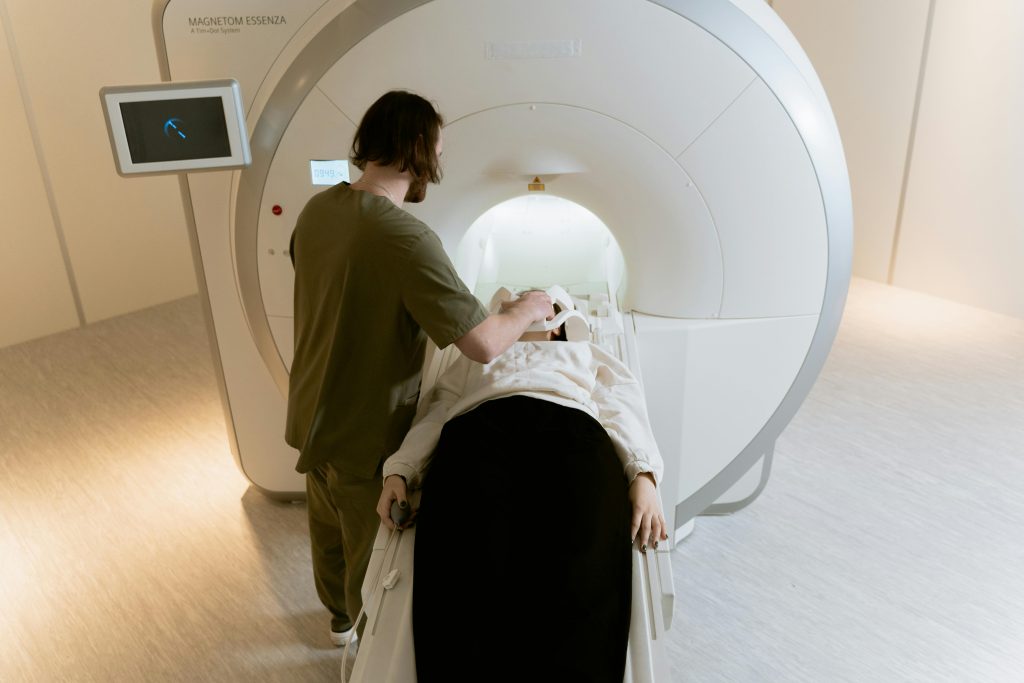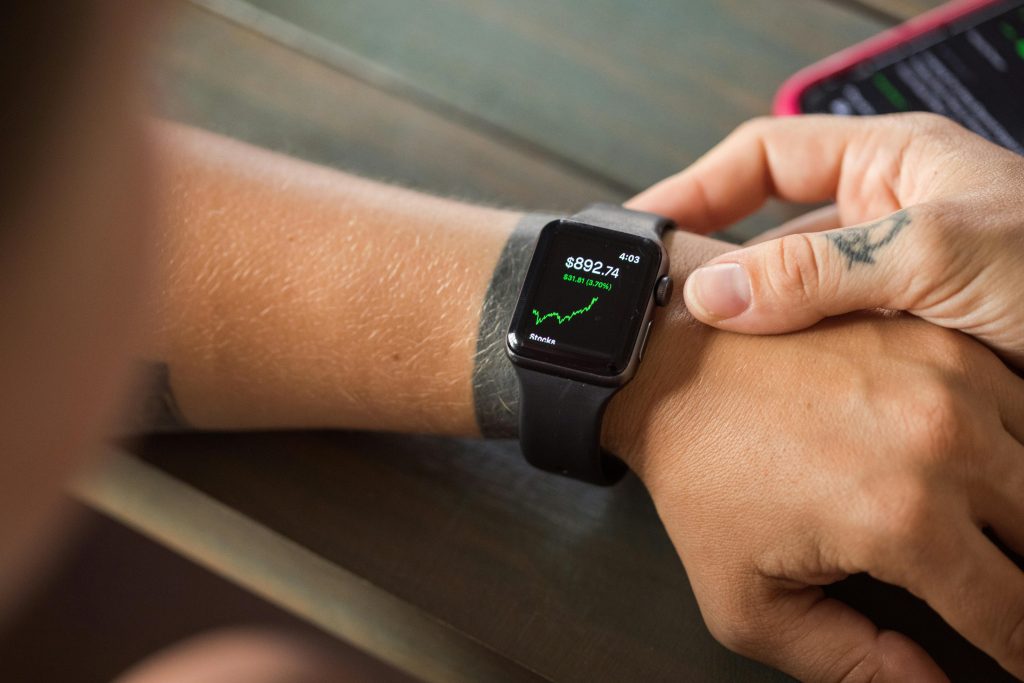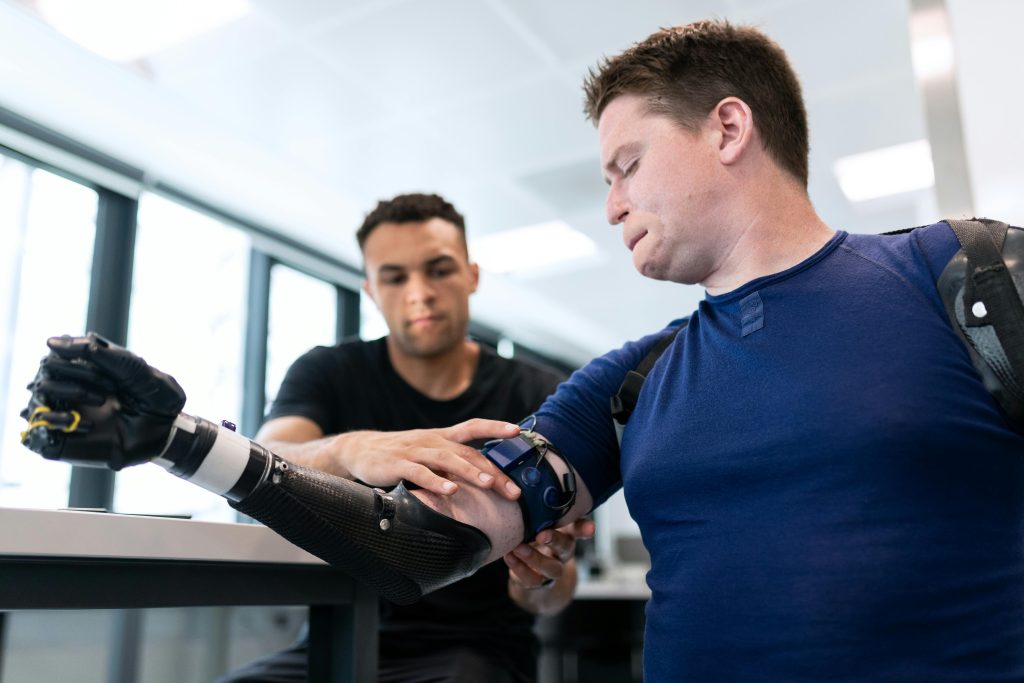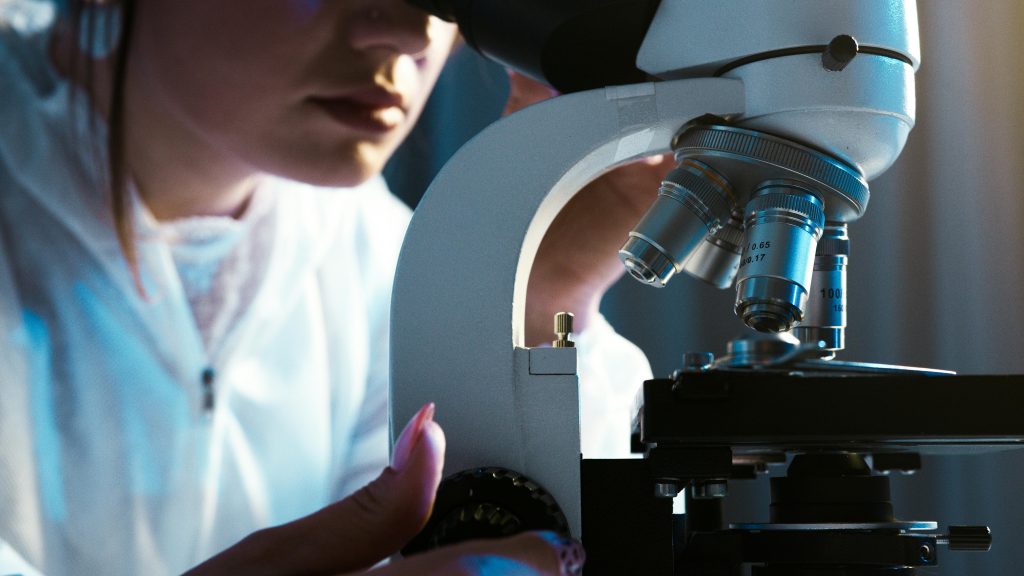Biomedical engineering has emerged as a cornerstone of modern healthcare, driving innovation and transforming the way medical services are delivered. By integrating principles of engineering, biology, and medicine, this field has enabled the development of cutting-edge technologies that improve patient outcomes, enhance diagnostic accuracy, and streamline healthcare delivery. However, the success of these advancements relies heavily on the efficiency and resilience of global supply chains. This article explores the role of biomedical engineering in modern healthcare, the challenges posed by global supply chains, and strategies to address these challenges for a sustainable future.
Biomedical Engineering: Revolutionizing Healthcare
Biomedical engineering is at the forefront of healthcare innovation, offering solutions that address some of the most pressing medical challenges. From advanced imaging systems to wearable health monitors, the field is reshaping how healthcare is delivered and experienced.
Advanced Diagnostic Tools
One of the most significant contributions of biomedical engineering is the development of advanced diagnostic tools. Technologies such as MRI machines, CT scanners, and ultrasound devices have revolutionized the way diseases are detected and monitored. These tools enable early diagnosis, which is critical for effective treatment and improved patient outcomes.
For example, AI-powered diagnostic systems can analyze medical images with remarkable accuracy, identifying abnormalities that may be missed by the human eye. This not only enhances diagnostic precision but also reduces the workload on healthcare professionals.

Wearable Health Technology
Wearable devices such as smartwatches, fitness trackers, and glucose monitors are empowering patients to take control of their health. These devices provide real-time data on vital signs, physical activity, and chronic conditions, enabling proactive healthcare management.
The global supply chain plays a crucial role in the production and distribution of these devices. However, challenges such as component shortages and logistical delays can disrupt their availability. To address this, manufacturers are adopting strategies like diversifying suppliers and investing in localized production.

Prosthetics and Implants
Biomedical engineering has also made significant strides in the development of prosthetics and implants. Modern prosthetic limbs are equipped with sensors and microprocessors that mimic natural movement, improving the quality of life for amputees. Similarly, bioengineered implants such as pacemakers and artificial joints have become life-saving solutions for millions of patients worldwide.
The production of these devices requires specialized materials and precision engineering, making the supply chain a critical component of their availability and affordability.

The Evolving Landscape of Global Supply Chains in Healthcare
The global supply chain is the backbone of biomedical engineering, ensuring the timely delivery of medical devices, equipment, and pharmaceuticals. However, the COVID-19 pandemic exposed vulnerabilities in the system, highlighting the need for more robust and flexible supply chain strategies.
Challenges in the Global Supply Chain
The healthcare supply chain faces numerous challenges, including:
- Geopolitical Tensions: Trade restrictions and political instability can disrupt the flow of critical components.
- Natural Disasters: Events like earthquakes and hurricanes can damage manufacturing facilities and transportation networks.
- Pandemics: Health crises can lead to sudden spikes in demand for medical supplies, overwhelming the supply chain.
These challenges can result in delays, increased costs, and shortages of essential medical products, ultimately impacting patient care.

Strategies to Overcome Supply Chain Challenges
To address these challenges, the healthcare industry is adopting innovative strategies to build more resilient and efficient supply chains.
Diversification of Suppliers
Over-reliance on a single region or supplier can lead to disruptions. Diversifying suppliers across different geographic locations reduces the risk of shortages and ensures a steady flow of critical components. For example, sourcing raw materials for medical devices from multiple countries can mitigate the impact of regional crises.
Digitalization and Smart Supply Chains
The integration of digital technologies such as IoT, blockchain, and AI is transforming supply chain management. Smart supply chains provide real-time visibility into inventory levels, shipment status, and potential bottlenecks. This enables faster decision-making and improves the efficiency of the supply chain.
For instance, blockchain technology can enhance traceability, ensuring that medical devices and pharmaceuticals are authentic and meet quality standards. This is particularly important in combating counterfeit products, which pose a significant risk to patient safety.

Localized Manufacturing
To reduce dependency on global suppliers, many companies are investing in localized manufacturing facilities. This approach not only shortens lead times but also supports local economies. For example, producing medical devices closer to end-users ensures faster delivery and reduces transportation costs.
The Future of Biomedical Engineering and Global Supply Chains
As biomedical engineering continues to evolve, the global supply chain must adapt to meet the demands of an increasingly complex healthcare landscape. Emerging trends such as personalized medicine, regenerative therapies, and AI-driven diagnostics are set to redefine patient care, requiring innovative supply chain solutions.
Personalized Medicine
Personalized medicine, which tailors treatments to individual patients based on their genetic makeup and lifestyle, is becoming increasingly prevalent. This approach requires a highly flexible supply chain capable of delivering customized medications and devices.
Advances in genomics and data analytics are driving the growth of personalized medicine. However, the supply chain must overcome challenges such as the high cost of customization and the need for stringent quality control.

Regenerative Medicine
Regenerative medicine, including stem cell therapy and tissue engineering, holds immense potential for treating previously incurable conditions. However, the production and distribution of regenerative therapies require specialized supply chains to maintain the integrity of biological materials.
Biomanufacturing facilities equipped with advanced bioreactors and cryogenic storage systems are essential for scaling up production. Collaborative efforts between researchers, manufacturers, and regulators are crucial to ensure the safe and efficient delivery of these therapies.

AI-Driven Diagnostics
Artificial intelligence is transforming diagnostics by enabling the analysis of vast amounts of medical data to identify patterns and predict outcomes. AI-powered tools can detect diseases at an early stage, improving the chances of successful treatment.
The integration of AI into the supply chain is also enhancing predictive analytics. By analyzing historical data and market trends, companies can forecast demand more accurately, ensuring that medical devices and pharmaceuticals are available when needed.

Conclusion
Biomedical engineering is playing a pivotal role in modern healthcare, offering innovative solutions that improve patient outcomes and enhance the efficiency of healthcare delivery. However, the success of these advancements depends on a resilient and efficient global supply chain. By adopting strategies such as supplier diversification, digitalization, and localized manufacturing, the healthcare industry can overcome challenges and ensure the timely delivery of life-saving technologies.
As we move forward, collaboration between stakeholders—including researchers, manufacturers, regulators, and healthcare providers—will be essential to create a sustainable and patient-centric healthcare ecosystem.
References
- “The Role of Biomedical Engineering in Modern Healthcare,” Journal of Medical Engineering, https://www.jme.com/biomedical-engineering
- “Building Resilient Supply Chains in Healthcare,” Supply Chain Today, https://www.supplychaintoday.com/resilient-healthcare
- “AI in Healthcare: Transforming Diagnostics and Supply Chains,” Healthcare Innovation Journal, https://www.healthcareinnovation.com/ai-healthcare
- “Personalized Medicine: Challenges and Opportunities,” Personalized Medicine Today, https://www.pmtoday.com/personalized-medicine
- “Regenerative Medicine and the Future of Biomanufacturing,” RegenMed Journal, https://www.regenmedjournal.com/biomanufacturing